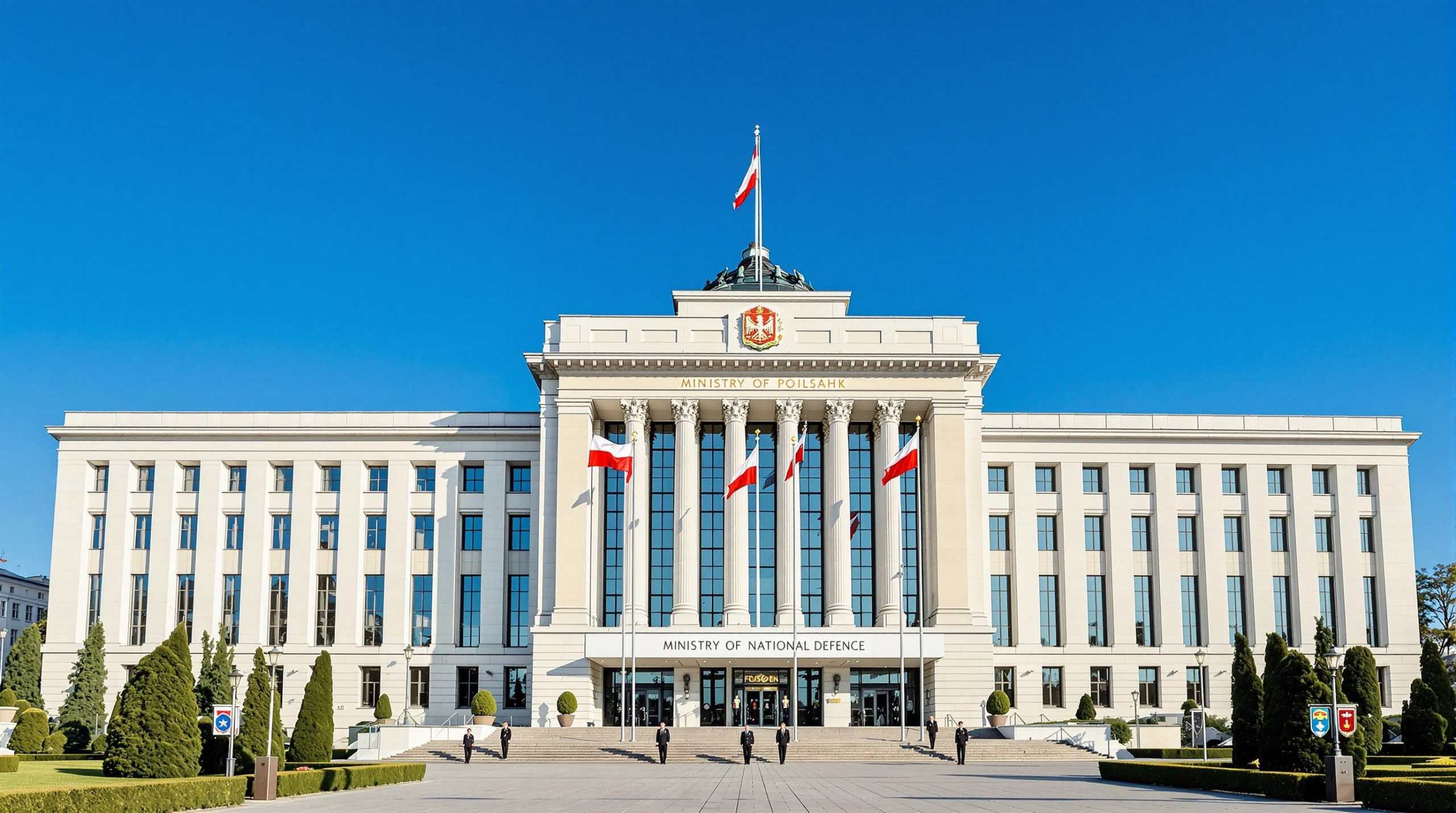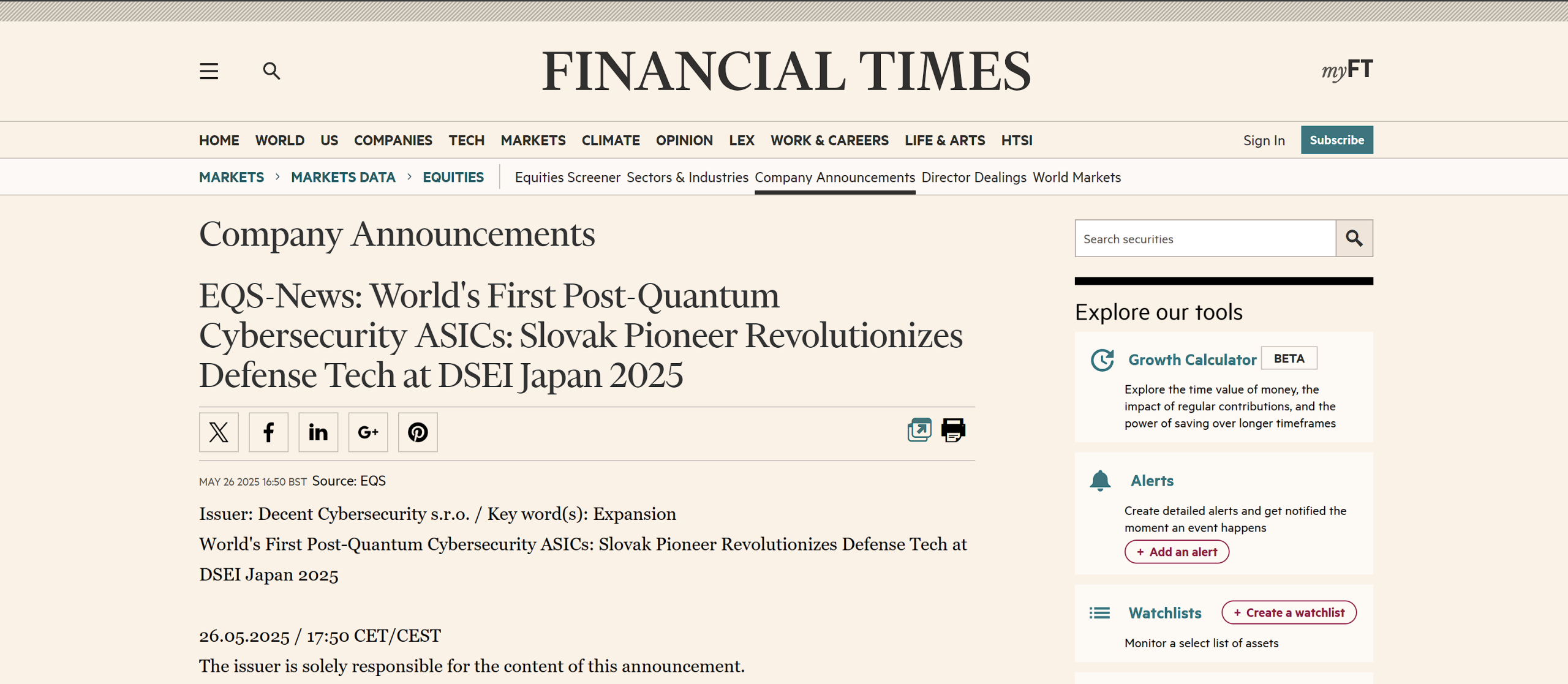Poland’s Ministry of National Defense has unveiled a comprehensive artificial intelligence strategy document outlining its vision for military AI implementation through 2039. The strategy, released in August 2024, represents one of the most detailed military AI roadmaps in Europe, positioning Poland as a significant player in the evolving landscape of digital defense capabilities.
Strategic Framework and Vision
The strategy establishes a clear vision for Poland’s military transformation, emphasizing responsible AI development aligned with NATO standards while maintaining human oversight. The document outlines three primary operational objectives focused on preparation for AI implementation, scalable deployment, and protection of strategic assets.
The preparation phase encompasses the establishment of a dedicated AI Implementation Center, development of specialized AI training programs, creation of secure data infrastructure, and modernization of IT systems for AI deployment. For scalable deployment, the strategy focuses on building trust in AI technology, promoting innovation and experimentation, developing cooperation within the AI ecosystem, and fostering international collaboration, particularly with NATO and the US. The protection of strategic assets includes safeguarding critical AI systems and technologies, implementing robust cybersecurity measures, and developing export controls for military AI capabilities.
Key Implementation Areas
The strategy identifies several critical areas for AI implementation in military operations. In autonomous systems, the focus is on developing unmanned aerial, ground, and maritime platforms, integrating AI-driven decision support systems, and enhancing reconnaissance capabilities. For intelligence and reconnaissance, the strategy emphasizes advanced data analysis capabilities, pattern recognition, threat detection, and real-time situational awareness. In logistics and support, the implementation will cover predictive maintenance systems, supply chain optimization, and resource management enhancement. The cybersecurity domain will see AI-powered threat detection, network defense automation, and cyber resilience enhancement.
International Cooperation Framework
The strategy places strong emphasis on international partnerships, particularly with NATO as the primary focus for interoperability and shared standards. A strategic partnership with the United States in AI development takes precedence, while collaboration with European partners, especially the UK, France, and Germany, is also prioritized. Poland plans to establish dedicated organizational structures to facilitate international cooperation, including partnerships with the US Chief Digital and AI Office (CDAO) and British Defence AI Centre (DAIC).
Risk Management and Ethical Considerations
The strategy addresses potential risks and ethical considerations through comprehensive testing and validation frameworks, clear human oversight mechanisms, compliance with international humanitarian law, protection against AI system vulnerabilities, and measures to prevent unauthorized technology transfer. The implementation timeline spans through 2039, with regular three-year review cycles, establishment of immediate organizational structures, development of testing frameworks, and progressive capability deployment.
Expert Analysis and Industry Impact
Dr. Sarah Mitchell, Director of the Institute for Defense AI Studies, notes that Poland’s strategy represents one of the most comprehensive approaches to military AI implementation in Europe, highlighting its mature understanding of both opportunities and challenges. The strategy is expected to significantly impact Poland’s defenseindustry, driving increased investment in AI research and development, military modernization programs, cybersecurity capabilities, and training programs. The document emphasizes collaboration with private sector partners and academic institutions, potentially creating new opportunities for industry players in the defense AI sector.
Looking Ahead
Poland’s military AI strategy represents a significant step forward in European defense modernization efforts. The comprehensive approach to AI implementation, focus on international cooperation, and emphasis on responsible development could serve as a model for other NATO members developing their own military AI frameworks. The success of this ambitious strategy will largely depend on Poland’s ability to secure necessary funding and resources, develop required technical expertise, build effective international partnerships, and maintain public trust in military AI applications.
As global military powers continue to invest in AI capabilities, Poland’s strategic approach positions it as a significant player in the evolving landscape of digital defensetechnology, while maintaining a strong commitment to responsible and ethical AI development in accordance with international standards and NATO requirements.







